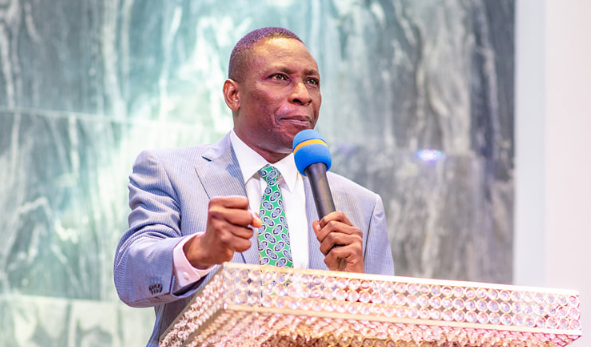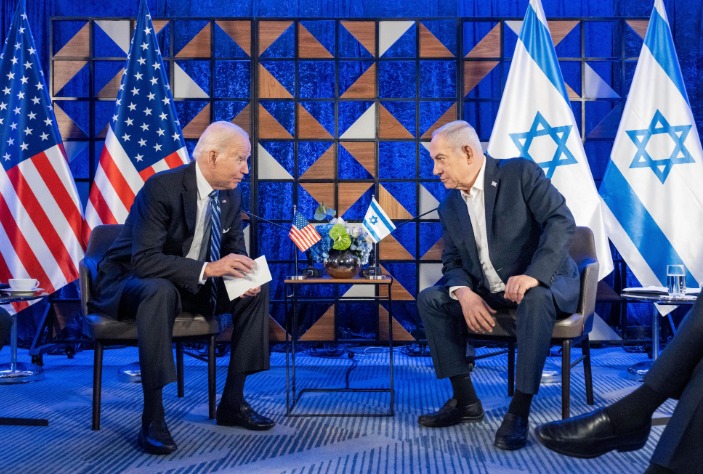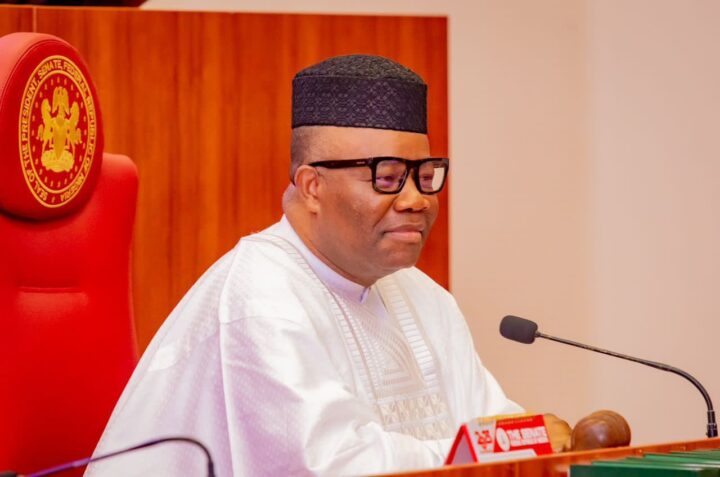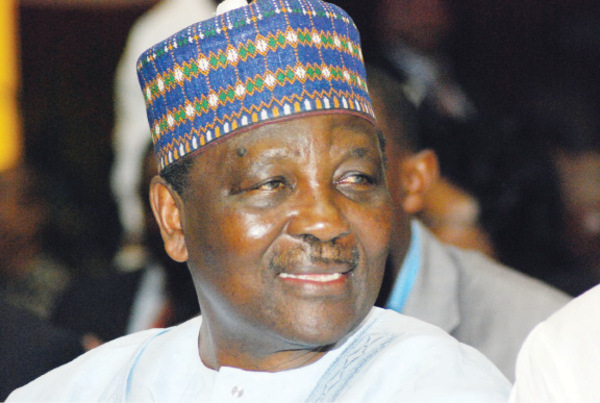The senate has confirmed Ola Olukoyede as the substantive chair of the Economic and Financial Crimes Commission (EFCC).
The upper legislative chamber also confirmed Muhammad Hammajoda as the secretary of the EFCC and Halima Shehu as the chief executive officer (CEO) of the National Social Investment Programme Agency (NSIPA).
The nominees were confirmed after they were screened in the “committee of the whole”.
They fielded a number of questions from the senators in their respective fields and on issues they were appointed to handle by President Bola Tinubu.
Advertisement
While being screened, Olukoyede said there would be no sacred cows in the war against graft, and that anyone suspected of involvement in financial crimes would be investigated and prosecuted irrespective of political party affiliation.
“This issue of investigating political opponents, there are two salient questions that must be answered,” he said.
“Number one, has the person committed financial crimes? If he has, then I have cause to investigate him.
Advertisement
“If you are in the ruling party, and you dip your hands into what you are not supposed to, you will be called to question.
“If you are in the opposition and you swallow sandpaper that did not digest, you will also be called to question.”
He added that the mandate that the law gives EFCC does not discriminate.
On her part, Shehu explained that the conditional cash transfer (CCT) initiative under the social investment programme, has different components aimed at ameliorating the hardship of poor and vulnerable Nigerians.
Advertisement
“While house A is receiving N5,000, house B might be receiving N10,000,” she said.
“The next component is the ‘livelihood’. It is a one-off grant of N150,000 to people who have keyed into the skills acquisition that they have been taught.
“We inspect periodically the kinds of businesses that they do and at exit, the households are meant to spend three years.
“That is to say you have completely moved out of where we found you — we have poverty mapping in the country.”
Advertisement
The now confirmed nominee said while the “core responsibility” was only piloted in 11 states, the ‘livelihood’ had only been in six before the agency ran out of funds.
Advertisement







